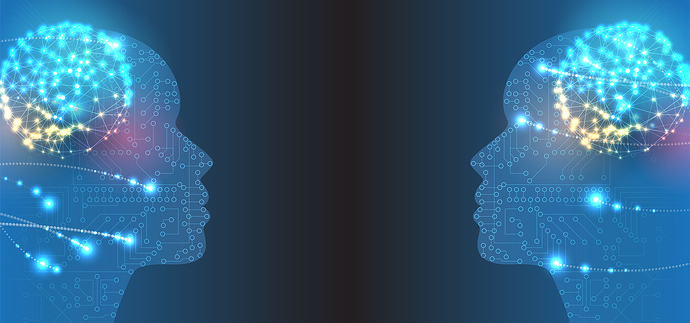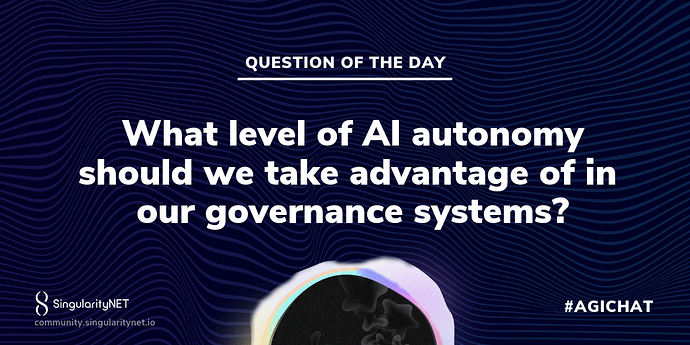There are many topics and subjects to discuss artificial intelligence and decision making. Most of these topics themselves reveal a broader and deeper set of questions that relate to the use of AI-based technical systems, our human attitudes and values towards such technologies, the design and performance of AI-based systems, and questions about the functioning of different forms of governance.
First, questions about safety, security, the prevention of harm and the mitigation of risks. How can we make a world with interconnected AI and ‘autonomous’ devices safe and secure and how can we gauge the risks?
Second, there are questions about moral responsibility. Where is the morally relevant agency located in dynamic and complex socio-technical systems with advanced AI and robotic components? How should moral responsibility be attributed and apportioned and who is responsible (and in what sense) for untoward outcomes? Does it make sense to speak about ‘shared control’ and ‘shared responsibility’ between humans and smart machines?
Third, they give rise to questions about governance, regulation, design, development, inspection, monitoring, testing and certification. How should our institutions and laws be redesigned to make them serve the welfare of individuals and society and to make society safe for this technology?
Fourth, there are questions regarding democratic decision making, including decision making about institutions, policies and values that underpin all of the questions above. Investigations are carried out across the globe to establish the extent to which citizens are taken advantage of by the use of advanced nudging techniques based on the combination of machine learning, big data and behavioural science, which make possible the subtle profiling, micro-targeting, tailoring and manipulation of choice architectures in accordance with commercial or political purposes.
Finally, there are questions about the explainability and transparency of AI and ‘autonomous’ systems. Which values do these systems effectively and demonstrably serve? Which values underpin how we design our policies and our machines? Around which values do we want to organise our societies?
These topics and questions are why today on AGICHAT we ask:
#AGICHAT #futurism #artificialintelligence #debate #singularitynet #emergingtechnologies #futureofgovermance #decentralisation #dao



 ).
).
